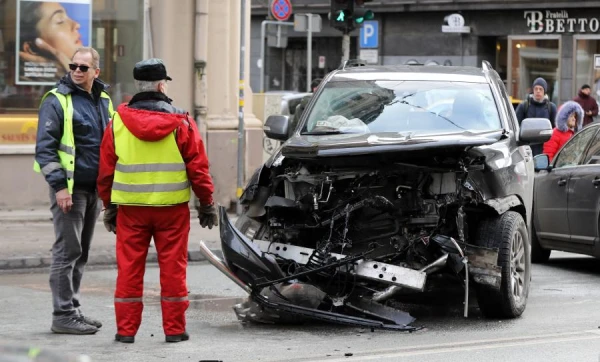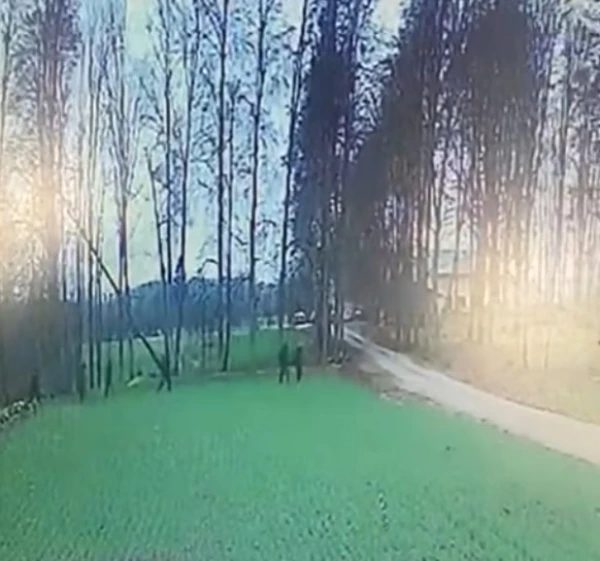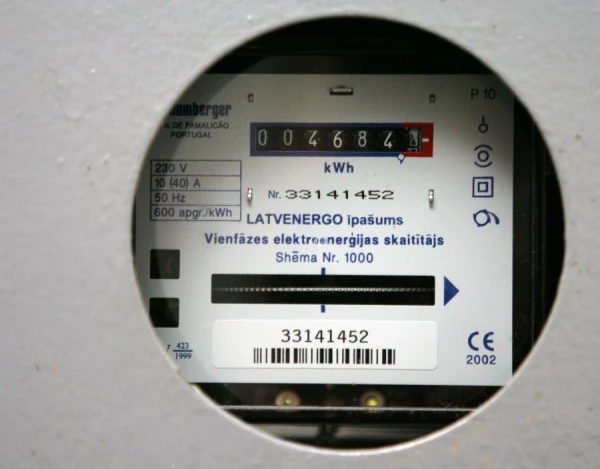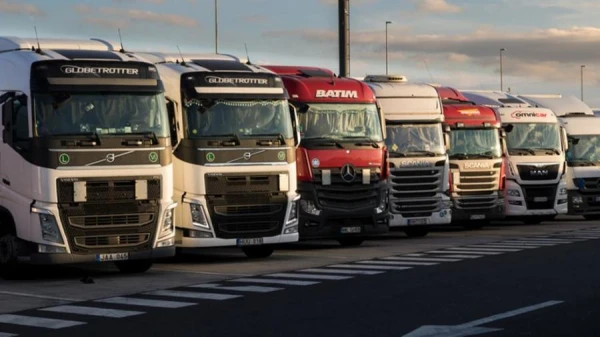
On Thursday, the Saeima adopted amendments to the traffic law prepared by the Ministry of Transport, which provide for the introduction of a reaction test to identify the risk of alcohol or other intoxicating substances before using shared vehicles.
The amendments stipulate that a company providing car-sharing services must verify the user's age and possession of a driver's license for the relevant vehicle before providing the service through an electronic application or website, as well as conduct a reaction time test to monitor the possible influence of alcohol or other intoxicating substances.
If car-sharing service providers do not check the customer's age and driving rights in their applications or on their websites, a fine of 70 to 350 euros will be imposed, and in the absence of reaction tests, the merchant may also face a fine of 70 to 350 euros.
Additionally, the amendments require that self-propelled bicycles must now have civil liability insurance (the so-called OCTA policy). In case of violation of this requirement, if the self-propelled bicycle is used in traffic, the owner may be fined between 125 and 200 euros.
The amendments also provide for the mandatory registration of self-propelled bicycles. For using an unregistered vehicle in traffic, the driver of the self-propelled bicycle will be fined between 30 and 70 euros.
It is planned that the requirement for reaction tests for car-sharing service providers will come into effect on April 1, 2026.
The transitional period for the mandatory registration of self-propelled bicycles will last from February 1 to April 30, 2026. If self-propelled bicycles are not registered by May 1 of the following year, their owners will face fines.
At the same time, the Saeima adopted amendments to the traffic law, which provide for an increase in the age of vehicles subject to registration with a prohibition on alienation in the case of the first registration of a vehicle owned by a natural or legal person.
The current requirements of the traffic law establish mandatory registration of the prohibition on alienation upon the first registration of a vehicle owned by a natural or legal person for vehicles whose year of manufacture corresponds to the current year or the five previous years, and which belong to category M1 (including M1G) or N1 (including N1G), provided that the vehicle was purchased in another European Union (EU) country and is being registered in Latvia for the first time, or after the first registration in Latvia is re-purchased in another EU country and re-registered in Latvia.
According to information provided by the State Revenue Service (SRS), vehicles older than five years and of high value are associated with various risks of tax non-payment.
One common risk is related to the use of cash for purchasing vehicles, notes the SRS. The application of a prohibition on the vehicle and the need for the taxpayer to prove the origin of the funds (if the data does not match the information held by the SRS) will encourage voluntary income declaration by taxpayers and payment of personal income tax to the state budget, explains the Ministry of Finance.
The second common risk of tax non-payment is related to vehicle trading enterprises that evade value-added tax (VAT), for example, by not declaring transactions. The application of a prohibition and clarification of additional circumstances (if necessary) will encourage vehicle trading enterprises to declare their entire turnover and make additional declarations and payments of VAT, notes the Ministry of Finance.
Other risks of tax non-payment have been identified in the vehicle trading sector. The SRS identifies both individuals and legal entities operating in the shadow economy who engage in the resale of vehicles and evade taxes.
The proposal provides for an amendment to the traffic law: it will be established that the DBDD transmits information about the registered vehicle to the SRS in electronic form and simultaneously registers the prohibition on alienation of the vehicle at the time of registration, if the year of manufacture is the current year or falls within the previous 10 years.
From now on, individuals registering a vehicle imported from the EU for the first time or re-registered after purchase in the EU in categories M1 (including M1G) or N1 (including N1G), manufactured in the current or previous 10 years, will have a prohibition on alienation for 30 days.
Legal entities in similar situations will be subject to a prohibition on alienation of the vehicle for 15 days.












